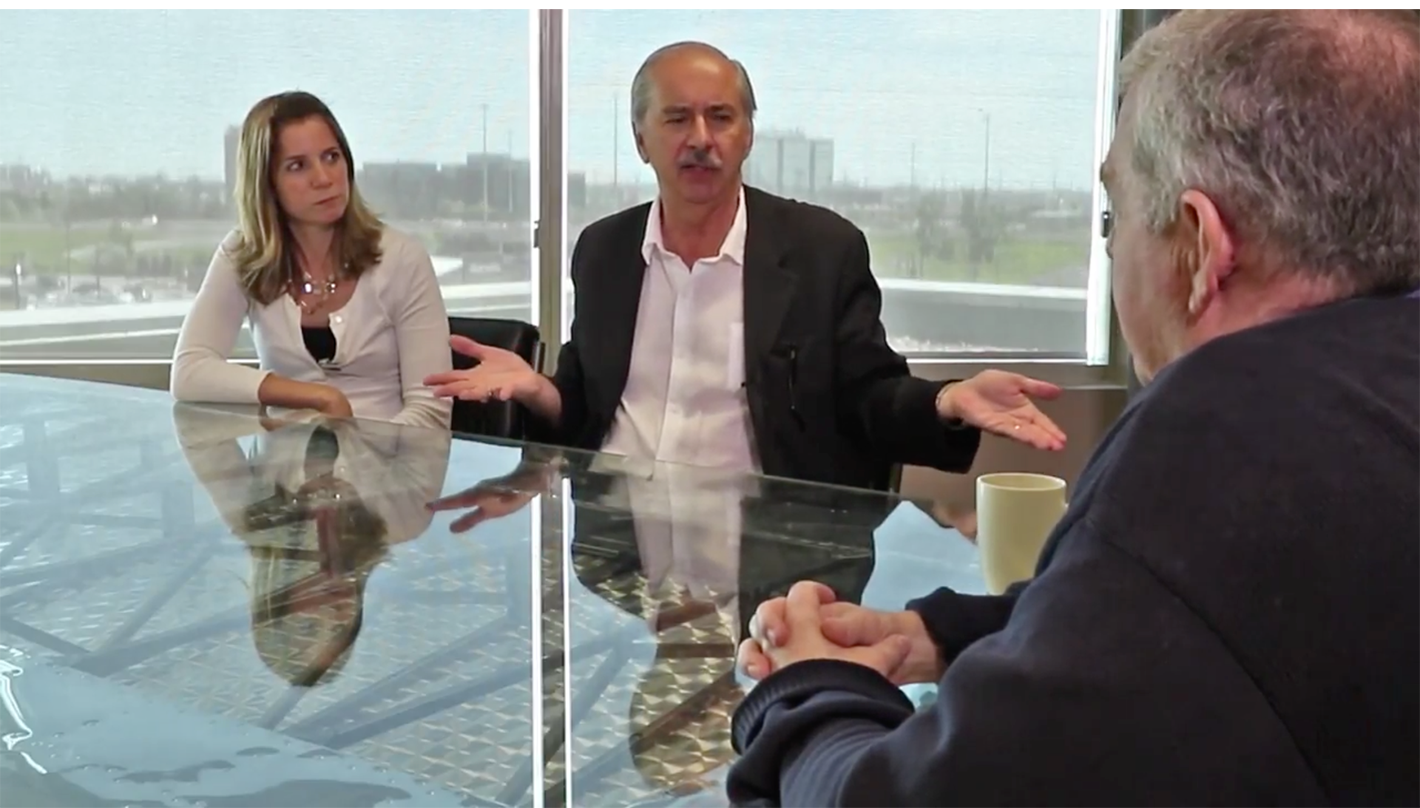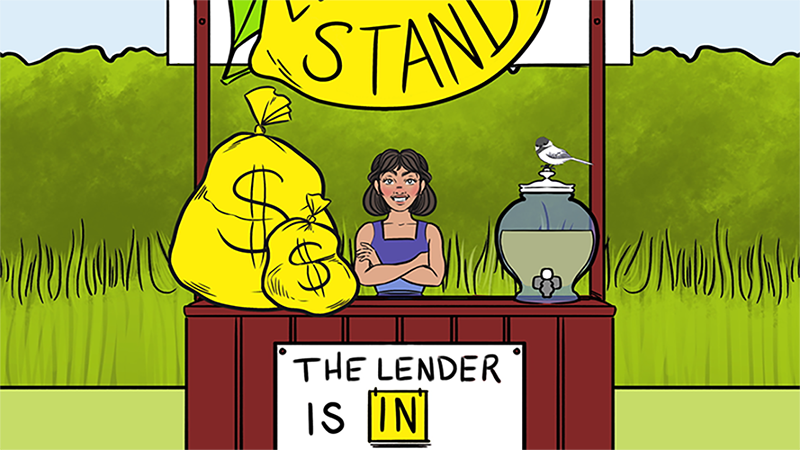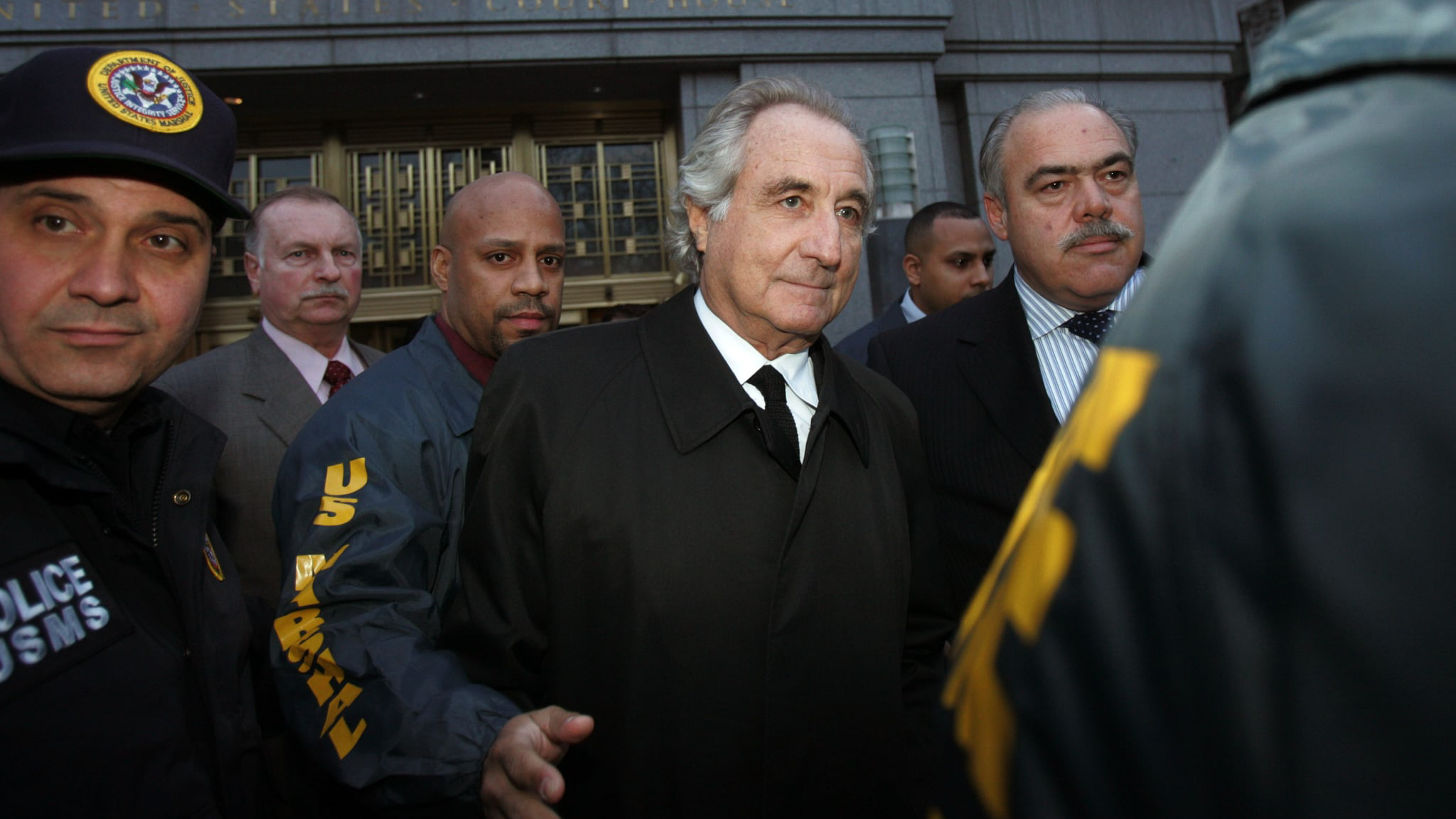Interest rates have been at a historic low since the 2008 financial crisis and that has pulled some bond investors into a bit of a false sense security. John Carswell, the president of Canso Investment Council, told Financial Pipeline co-editor Malcolm Morrison that the problem is that too many investors are forgetting the relationship between inflation and rising interest rates.
MM: People are asking themselves, because rates have been so low for so long and we’ve had false signals from central banks about when rates might start going up again, and so people ask themselves, why do rates have to go up? Why can’t they just stay as they are now?
JC: Well, ask Zimbabwe. I have a trillion-dollar Zimbabwe note on my desk and Zimbabwe doesn’t have their own currency anymore because they printed so much money that you needed a wheelbarrow load of money to buy a loaf of bread or (ask) the Germans in the Weimar Republic or Argentina. When you have inflation, paper money becomes worthless. So the real question is, they printed a lot of money in 2009 and ‘10 everybody from taxi drivers, my dad, anybody I ran across, you know said, “I’m buying gold coins because we know there’s going to be inflation and it’s going up.” Remember those days? Well now, people don’t believe interest rates can go up! What we do is say, “Are we paid enough to assume the risk of an investment, whether it’s a corporate bond or equity or currency?”
And I look at it and say, well, you know, the Zimbabweans ended up getting rid of their currency and everybody traded U.S. dollars, and it took a trillion, literally a trillion Zimbabwe dollars, to buy a loaf of bread and nobody wanted to hold any Zimbabwean dollars. I don’t think we’re running into hyper-inflation, but if we’re going to normal levels of inflation and the Bank of Canada’s targeting two per cent inflation and what have they got for the last period since 1991 when they targeted inflation? You know, now, that’s what, 24 years now? Two per cent! Plus or minus a little bit.
So if you buy a bond at two per cent and the Bank of Canada’s pretty well guaranteeing you that inflation is going to be two per cent, you get nothing. So that’s a zero real interest rate. So when you look at inflation at two per cent, normally T-bills or something like that are two per cent above inflation. So T-bills should be four per cent and bonds could be five per cent. Right now, a 10-year bond in this country is somewhere around 1.8 per cent. So if that bond goes up to four or five per cent, it’s going to be down 10 to 20 per cent.





